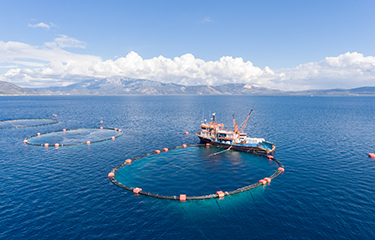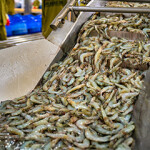EU, 20 countries adopt measures to conserve Mediterranean, Black Sea resources

More than 20 countries and the European Union have adopted 21 measures to ensure the conservation and sustainable use of marine resources in the Mediterranean and the Black seas.
Following a week of intense discussions, the members of the General Fisheries Commission for the Mediterranean (GFCM) of the Food and Agriculture Organization of the United Nations (FAO), adopted a series of binding recommendations and resolutions addressing regional priorities on 14 November 2022.
According to the GFCM, decisions include the reinforcement of a research program on rapa whelk; measures addressing the management of European eels, red coral, blackspot seabream, giant red shrimp, blue and red shrimp, and turbot; and catch limits, temporal, or geographical closures and bans on recreational fisheries.
As part of the commission’s efforts to fight illegal, unreported, and unregulated (IUU) fishing – and for the first time ever – the countries have implemented fixed general rules regulating transshipments at sea in the Mediterranean and the Black Sea. They have also operationalized inspection schemes that will seek to encourage joint efforts between countries to organize inspections, provide means and human capacity, and harmonize practices and procedures.
Additionally, the GFCM logbook established in 2010 has been updated with new requirements. Fishers will now play a more essential role in providing information – reported in vessel logbooks – on the possible bycatch of vulnerable species during fishing operations.
GFCM will also launch a pilot study on non-indigenous species (NIS). This will be conducted in the eastern Mediterranean with a view to developing a model that will be exported to the rest of the region. A Mediterranean-wide observatory will also be created in Turkey, with the objective of fostering regional discussions on best practices for the management of NIS.
Over 1,000 NISs have been identified as occurring in the Mediterranean and the Black seas. Over half of these fish, jellyfish, prawns, and other marine species have established permanent populations and are spreading, causing concern over the threat they pose to marine ecosystems and local fishing communities.
An update on the state of fisheries in the region is due to be published on 7 December.
Photo courtesy of Eran Hakim/Shutterstock






Share